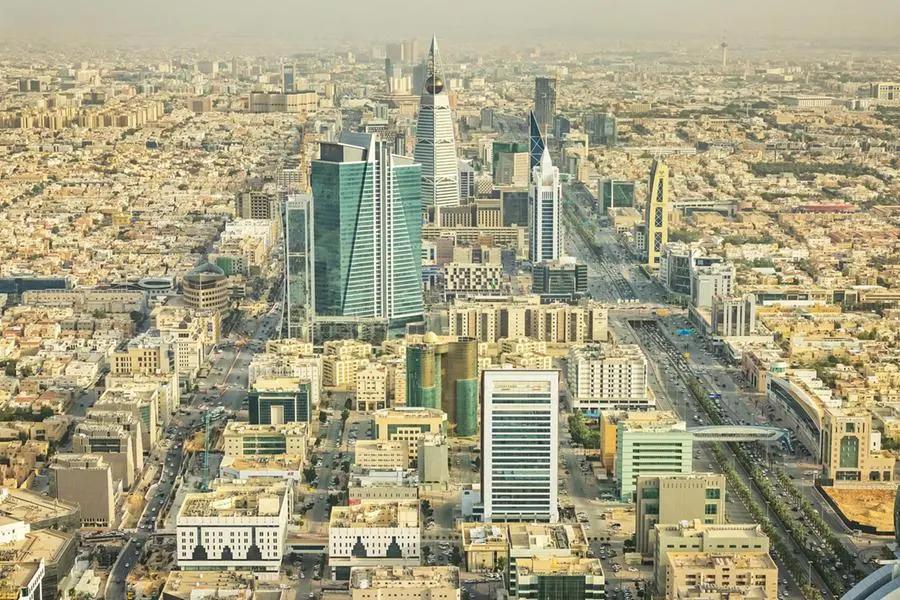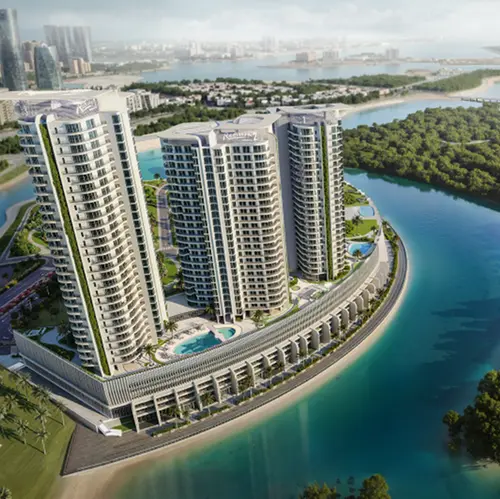PHOTO
During the visit, which ends on June 24, Borje is also expected to convey Duterte’s key messages to Saudi Arabia on the “importance of partnership and cooperation between the two countries.”
In a statement on Friday, the Malaca?ang said the visit was in line with the president’s promise of “kalinga and malasakit,” or care and concern, for Overseas Filipino Workers (OFWs), especially in light of the coronavirus disease (COVID-19) pandemic.
Filipino officials are expected to hold talks with Saudi authorities from the Ministry of Foreign Affairs, the Ministry of Human Resources and Social Development and the National Committee to Combat Human Trafficking on Sunday.
The Filipino delegation includes Foreign Affairs Undersecretary for Migrant Workers Affairs Sarah Lou Arriola and Presidential Communications Assistant Secretary for Global Media and Public Affairs J. V. Arcena.
“We are now in Saudi Arabia. Tonight, we have a virtual town hall meeting with the Filipino community. Meetings with the Saudi side will start tomorrow,” Arcena said in a message to Arab News on Saturday.
The group will also meet officials from the Philippine Embassy in Riyadh, the Philippine Consulate General in Jeddah and members from the expatriate community and overseas repatriation missions for Filipinos affected by the COVID-19 pandemic.
This is the second time Duterte has assigned Borje as a special envoy. In 2019, he was designated for a visit to Saudi Arabia, Bahrain and Tunisia to check on OFWs in North Africa and the Middle East.
The Philippines and Saudi Arabia marked 50 years of diplomatic ties in 2019, with President Duterte congratulating King Salman for the Kingdom’s “landmark” Labor Reform Initiative, which, among other benefits, abolished the kafala system for migrant workers last year.
In a phone call with Crown Prince Mohammed bin Salman in May, Duterte renewed the Philippines’ commitment to strengthen bilateral and trade ties and intensify cooperation on migrant workers’ rights.
He also conveyed his appreciation for the Kingdom’s free COVID-19 vaccinations for Filipinos and the financial assistance extended to the Philippine health sector during outgoing Saudi Ambassador to the Philippines Abdullah N.A. Al-Bussairy’s farewell event in the Malaca?ang last week.
Al-Bussairy assured the president of the Saudi government’s continued support to the Philippines, including in the international fora and with regard to migrant workers’ rights.
He also underscored the contributions of Filipino workers to Saudi Arabia’s socio-economic development and added that the Kingdom is working to increase two-way trade and investments with the Philippines to facilitate the country’s economic recovery.
Meanwhile, the Malaca?ang said on Saturday that Borje’s visit to the Kingdom kicked off with the repatriation of 347 distressed Filipinos, including five children affected by the pandemic.
In a statement, Borje expressed gratitude on behalf of the president to the embassy in Riyadh, the consulate general in Jeddah, the Department of Foreign Affairs and the king and crown prince for making the repatriation possible.
The repatriates flew home via a Philippine Airlines chartered flight as part of the Philippine government’s repatriation mission from Saudi Arabia, with a second repatriation flight expected next week.
Upon arrival in Manila, the repatriates will receive cash assistance from the Philippine government, as instructed by the president.
As of Friday, 403,234 OFWs have been repatriated by the government since the start of the pandemic. Some 105,582 are seafarers, while 297,652 are land-based workers.
Saudi Arabia hosts more than 800,000 Filipinos, the highest in any Gulf state, according to a 2020 government estimate. About half work as domestic laborers, while others are employed in the Kingdom’s construction, outsourcing and health care sectors.
Copyright: Arab News © 2021 All rights reserved. Provided by SyndiGate Media Inc. (Syndigate.info).





















